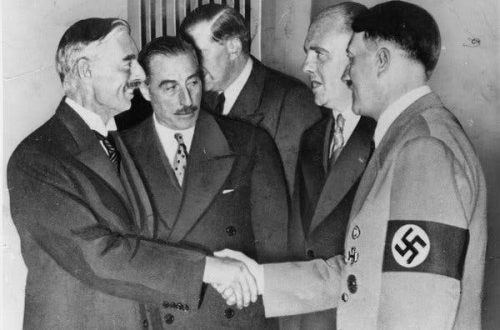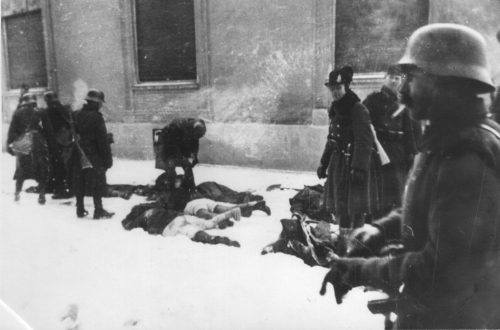With no apparent evidence, Venezuela’s President Nicolas Maduro has blamed his political opponents for a power failure that cut electricity to 70 percent of the country.
“Everything seems to indicate that the extreme right has resumed its plan for an electrical strike against the country,” he said in a tweet.
In a live address on state television, the president also said the cuts were “part of a low-level war” against the country, a “folly by twisted and desperate minds”.
President Maduro did not give any evidence of the “sabotage” but said he had instructed the military “to protect the entire country”.
Opposition leader Henrique Capriles said the government was trying to divert public attention from the country’s problems by concocting the conspiracy theory.
Deputy Electrical Energy Minister Franco Silva said a fault had occurred in one of the national grid’s main transmission lines at 12:30 local time (17:00GMT).
The cut affected large parts of the country for about three hours, after which time power was gradually restored.
The oil industry was not affected as Venezuela’s oil refineries are powered by separate generator plants.
Government officials have in the past said that high energy consumption at peak times and poor maintenance of transmission lines have led to a high incidence of cuts.
From 1937: Stalin’s Year of Terror, by Vadim Zakharovich Rogovin:
At first glance, the charges that the majority of the economic leaders were engaged in wrecking must have been perceived to be absurd, both by the population as a whole, and the apparatchiks. However, this version of Stalin’s, which had far-ranging goals, aroused a certain degree of trust, if not among the sophisticated politicians, then among the common people. It allowed for an explanation of the fact that the widely trumpeted assurances about the beginning of a “happy life” stood in striking contradiction to what people saw and felt around themselves at every step. Besides a narrow layer of the Soviet aristocracy, few people in the country had begun to live “better and more joyfully,” even when compared to the terrible years of the first Five Year Plan. Therefore there was a need to explain the failures of Stalin’s policies by referring to the intrigues of saboteurs, in other words to transfer the people’s growing dissatisfaction with Stalin and his closest associates onto leaders of a lower level.
(Hat tip: Caracas Chronicles)
Update: The head of the electrical workers’ union blamed “lack of maintenance” for the power failure and said, “No workers are saboteurs or responsible for what happened yesterday.”
He must be one of them.


